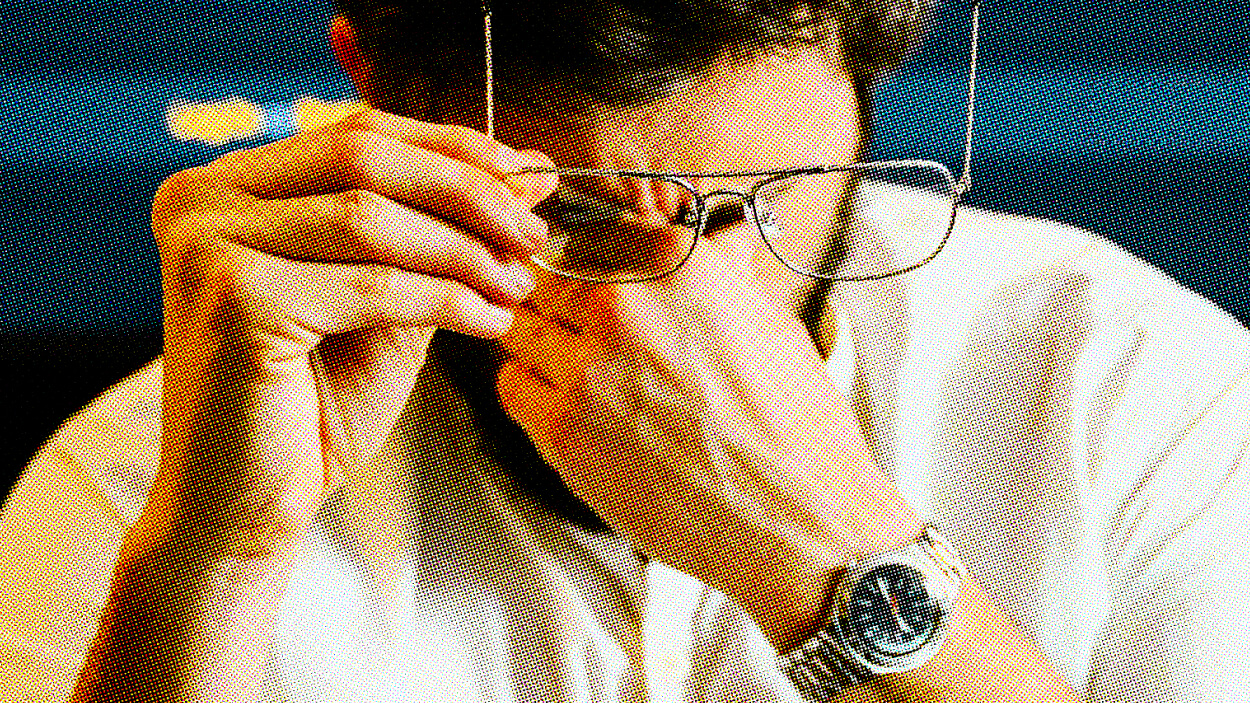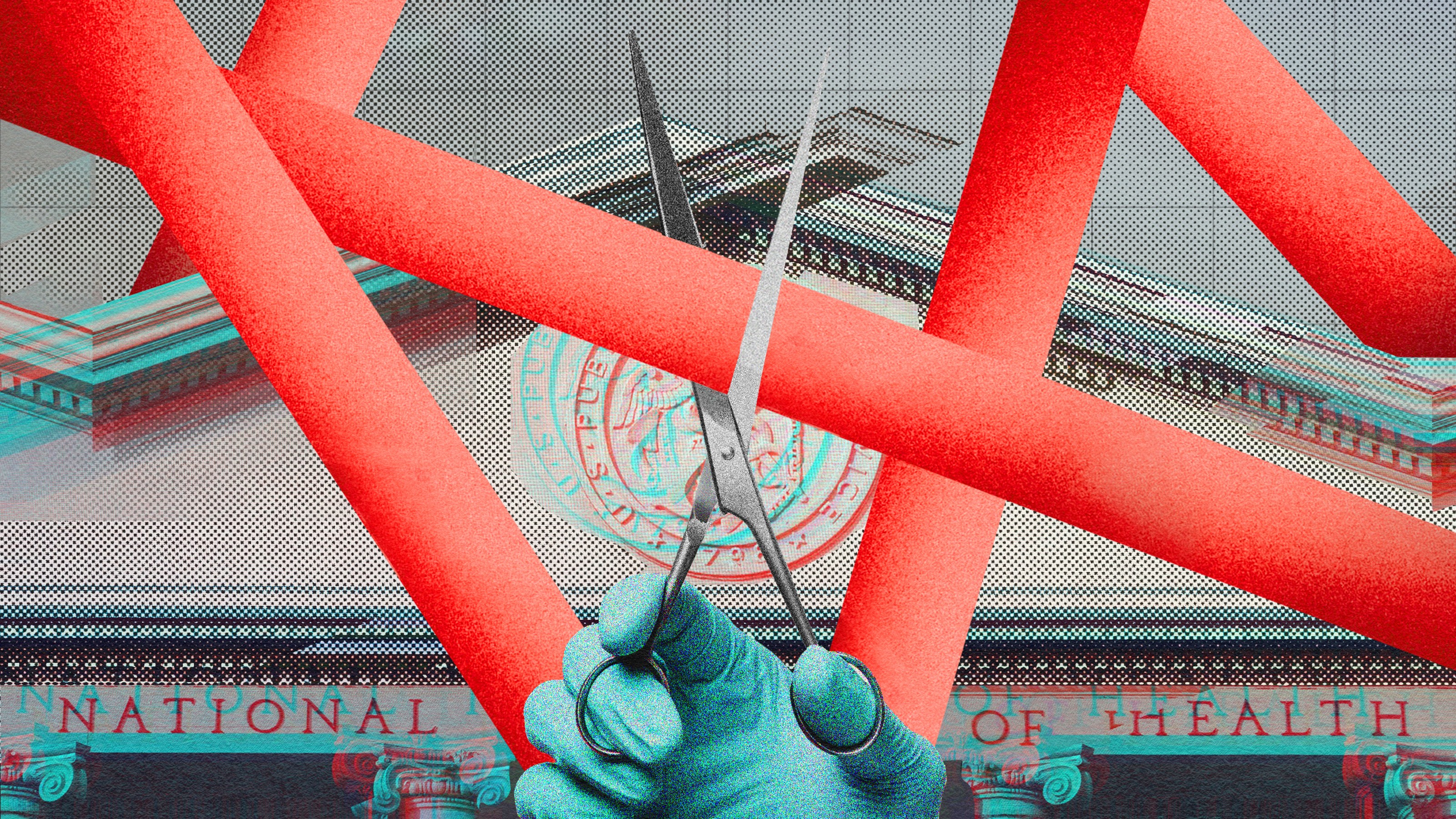Bill Nye: When Sputnik went off, October 4, 1957—this was after World War II which had been resolved but there were still some issues about who was going to run the world, especially Eastern Europe—people in the United States, I won’t say went crazy, but focused on developing science and engineering curricula for schools. It became a big deal. I’m there at my elementary school when a guy from NASA comes—NASA was a new thing developed shortly after that in 1958—the guy dips a cigar—back when it was politically okay to carry cigars—dips it in liquid oxygen and lights it. It burns like a road flare. It’s the coolest think I’d ever seen. I want to be an engineer! I want to work in space!
And so, we can do that kind of thing again, but it takes resources. You’ve got to decide it’s worth doing. So there are people that would, that believe when you need to make budget cuts the first thing you do is cut education. Just increase class sizes, have fewer teachers. But you can argue—I mean I’ll just point out, the heck with argue—that’s wrong. No, instead you should invest more in schools and teachers, especially science and math education. Teaching math is not expensive, it’s a value.
Directed / Produced by
Jonathan Fowler & Elizabeth Rodd
Bill Nye, scientist, engineer, comedian, author, and inventor, is a man with a mission: to help foster a scientifically literate society, to help people everywhere understand and appreciate the science[…]
▸
1 min
—
with
Related
Off-the-shelf consumer technology is helping people pursue their interests — and advancing science at the same time.
What can you do to support your health during menopause? “If exercise were a drug, that would be the one thing that we would be giving to everybody.”
▸
13 min
—
with
“The primary way that people make friends is through institutions.”
Why “audio gaps” in video meetings wear us out — and why we need the meaningful relationships forged in communal workspaces.
There is one obstacle that reliably blocks innovative ideas: how we fund science.






